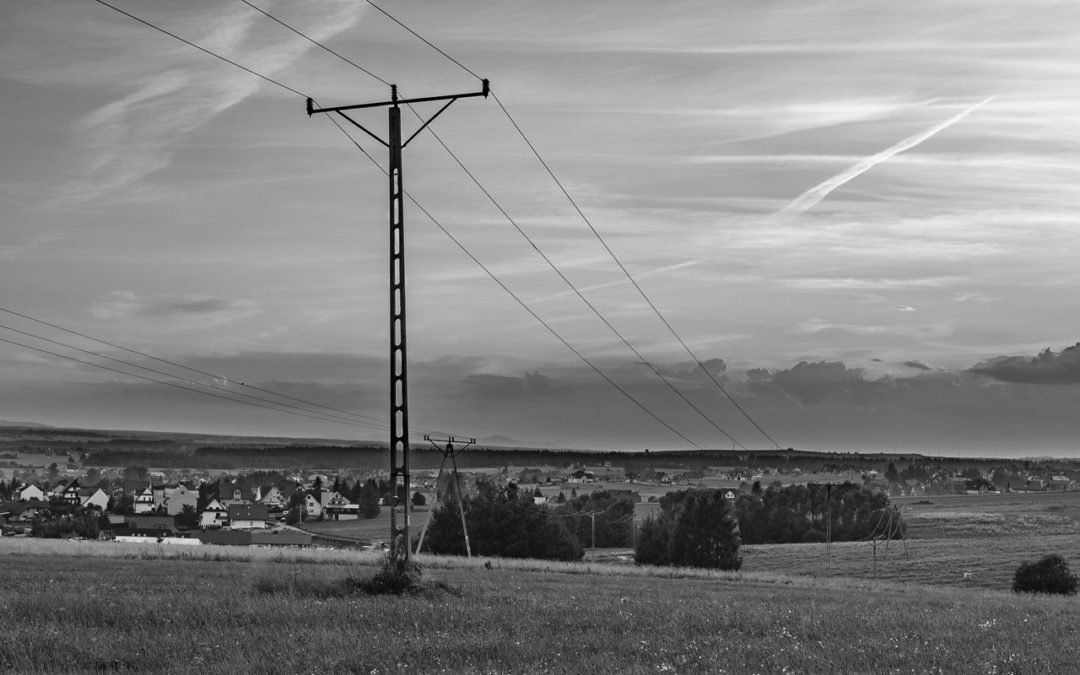ESB compensation payment is not applicable to single wooden poles

Siobhán Durkan Solicitor
Siobhán Durkan, Solicitor at our firm, recently featured in The Irish Times Property Clinic. You can read the original article here and or read the full article below.
I received a letter from ESB networks regarding establishing an easement over my property to install an electricity pole and stay wire on my property. This is for a neighbour seeking connection to the grid. What are my rights regarding providing access to install such infrastructure?
The Electricity Supply Board (ESB) has powers to place any electric line above or below ground, across any land and to attach to any wall, house or other building any bracket or other fixture required for the carrying or support of an electric line or any electrical apparatus.
These powers are set out in section 53 of the Electricity (Supply) Act, 1927 and are required in order for the ESB to carry out its statutory duty to provide electricity in Ireland.
However, before placing an electric line across any land, the ESB must serve notice in writing on the owner and occupier of the land stating its intention to place the line and give a description of the nature of the line or fixture, the position and how it is to be placed.
If you consent to the installation of the line, the ESB may proceed and install the line across your property. If you do not consent within seven days, the ESB can still proceed to install the line without your consent. If you have an objection you need to engage with the provider but remember they have far-reaching powers because provision of electricity is deemed an essential service.
The ESB’s Code of Conduct provides that, before any construction work commences, a representative from the ESB will discuss the entry routes for construction and as far as possible give the landowner the proposed programme of work and the date of commencement of work. It also provides that all lines and all cables at all voltages crossing land which is not a public highway/railway/tramway should be wayleaved.
A wayleave is a written agreement between a landowner and the ESB which permits the ESB to install or retain their apparatus on the land. The wayleave will also include right for the ESB to access your land going forward to maintain the apparatus as necessary.
You should seek the advice of a solicitor before signing a wayleave as it is a legal document which will burden your property. It may also be necessary to consult a surveyor to review the proposed programme of work to ensure it is appropriate.
As regards compensation which may be due, the Electricity (Supply) (Amendment) Act, 1985 provides for the entitlement of landowners to be paid compensation in respect of the exercise by the ESB of its powers.
In practice, the ESB’s position is if the bases of steel electricity masts or double wooden poles interfere with your everyday practices you are entitled to a compensation payment but it is not applicable to single wooden poles. The Mast Compensation Claim Form is available on the ESB Networks website or call 1850 372 757 or +353 21 2386555 to request a copy.
If the ESB refuse compensation, you can have the matter determined by an independent property arbitrator whose decision is binding on both parties under Section 1 of the Acquisition of Land (Assessment of Compensation) Act 1919. Your solicitor can assist you in this process.
Siobhán Durkan is a solicitor with P O’Connor & Son, Swinford, Co Mayo.
Featured image by kostkarubika005 from Pixabay

